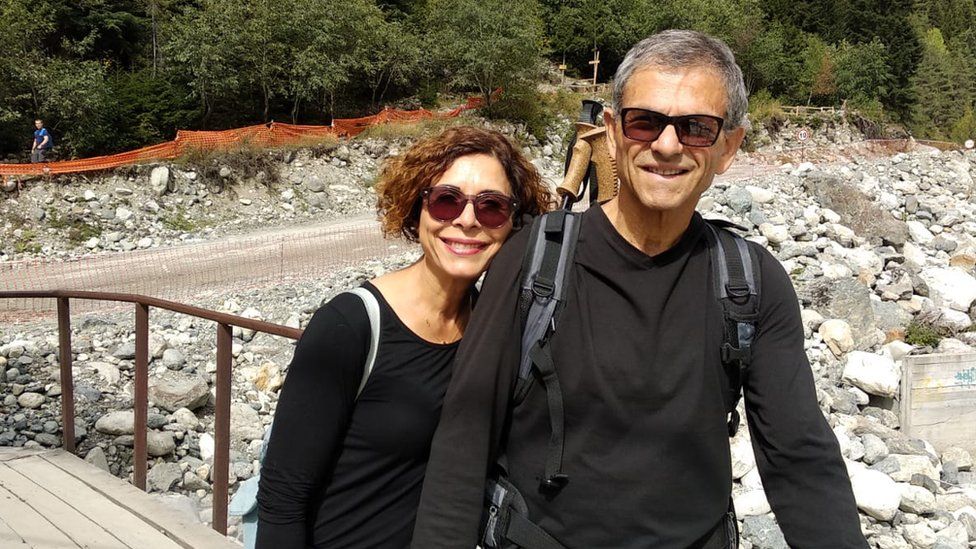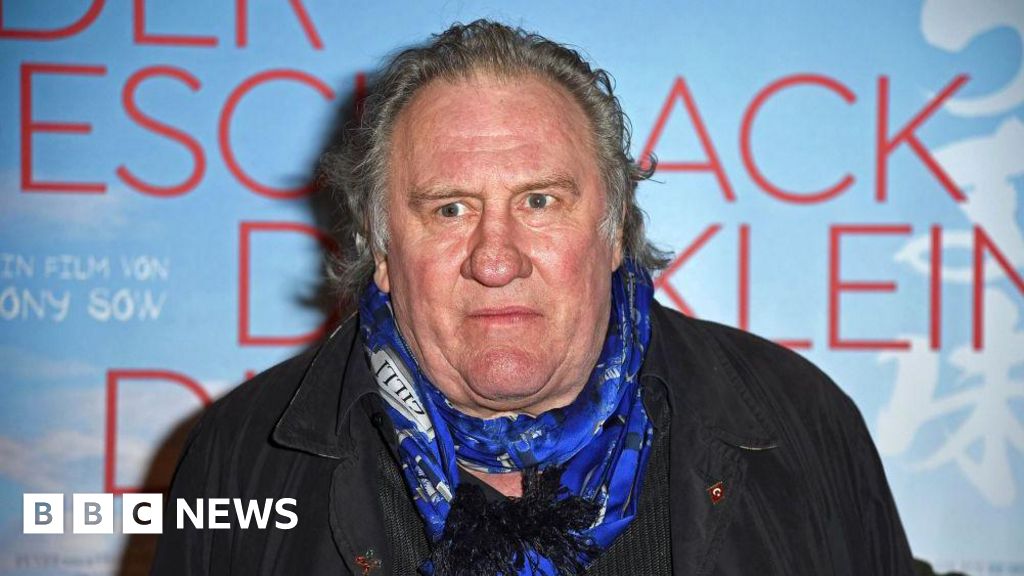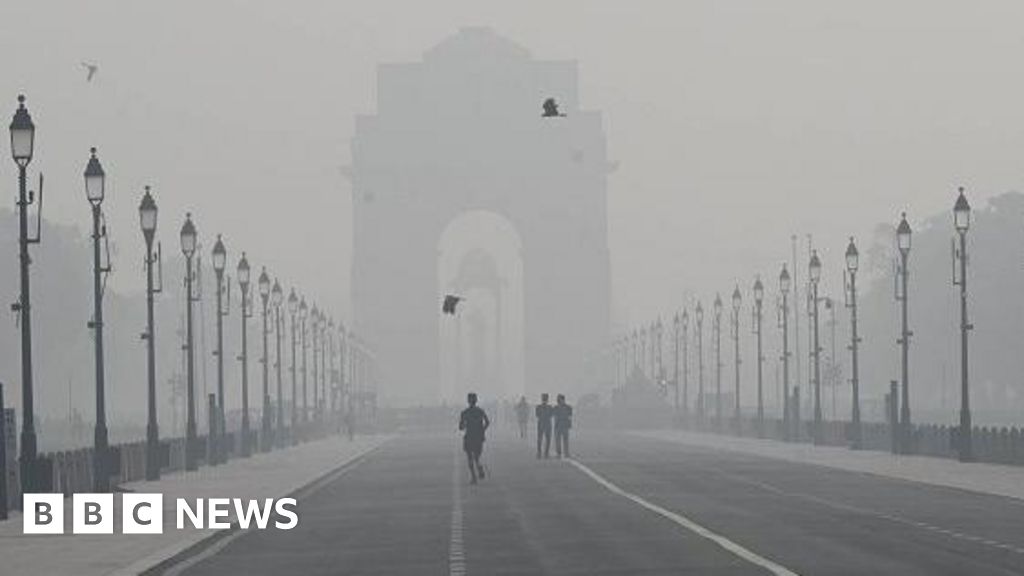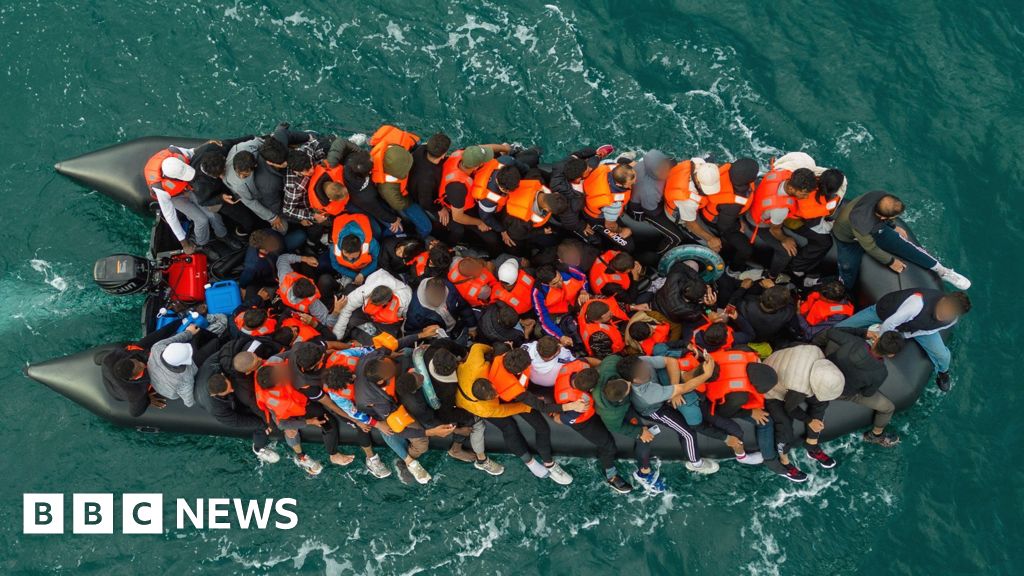ARTICLE AD BOX
 Image source, Family handout
Image source, Family handout
Dror Kaplun, believed to be held hostage by Hamas, with his wife Marchelle, who was killed in the attacks
Maayan Kaplun Keidar believes her father, Dror Kaplun, is one of those held hostage by Hamas on the Gaza Strip since 7 October - although she does not know for sure.
She did not expect him to be among those released in Friday's Israel-Hamas deal, but hopes the agreement paves the way for him, and all those being held hostage, to be freed at a later date.
Dror lived with his wife on kibbutz Be'eri, a few kilometres from the border with Gaza, and one of the communities worst hit in the Hamas attacks.
For the first few hours, Ms Kaplun Keidar said he was sending "horrifying" messages on the family Whatsapp group - including that Hamas fighters had entered the community and started burning houses - but communications eventually went quiet.
"I was praying there was a network problem," she told BBC News.
She has not heard from him since, but shortly after the attacks she saw a video online of him being marched through the streets by Hamas gunmen.
Dror's wife, Marcelle Frailich Kaplun, can also been seen in the video, as can their neighbours, Ms Kaplun Keidar said.
A few days later she received news that Marcelle's body had been found, as had those of the neighbours - she has received no such news about her father's body, leading her to believe he was taken back to Gaza.
"Even if there's a 5% chance he's alive, I need to fight for him," she said.
Image source, Supplied
Image caption,A still from a video apparently showing Dror Kaplun being led away by Hamas gunmen on 7 October
On Friday, Hamas released 24 hostages - including 13 Israelis - in a deal brokered by Qatar, the largest round of releases since the attacks.
Mark Regev, an adviser to Israeli Prime Minister Benjamin Netanyahu, described the release as "bittersweet", because most hostages were still in Gaza.
Under the terms of the deal, 50 Israeli hostages - as well as 150 Palestinian detainees, 39 of which were released on Friday - are meant to be freed over four days during a temporary pause in fighting in the Gaza Strip.
It had previously been reported that only women and children would be released, and Ms Kaplun Keidar was not expecting her father to be among the group - but she was watching developments closely.
Speaking to the BBC shortly before the release was confirmed, she said she wanted to see it happen before celebrating - "you never know what might happen," she said.
"But I'm very happy they are supposed to be released. I'm very happy for those families that will meet their loved ones, even if I'm not one of them," she said.
Ms Kaplun Keidar added that she hoped this deal would mean more hostages would be released in the future.
"Hopefully this will be the start of the release of everyone," she said, although she acknowledged that "anything could happen".
Image source, Reuters
Image caption,People in Tel Aviv react to news of a deal being struck between Hamas and Israel
Sharone Lifschitz is in a similar position. Her 83-year-old father, Oded, is missing, presumed to be held captive.
Her mother Yocheved, 85, was one of only four people released by Hamas before Friday. An Israeli soldier was also freed in ground operations.
Ms Lifschitz said dozens of people from her community, Nir Oz, were taken hostage.
"So you can understand that these people we lived with all our lives," she told the BBC before the release was confirmed. "We know them, so there's a huge amount of anticipation."
"But each person that will come back is a great joy, and obviously we also fear that our loved ones will not be on this list [of those released]," she said.
Ms Lifschitz's father was also not expected to be released on Friday, and she said he would "fighting to be at the back of the queue".
"He will be saying, 'No you go first'."
While she said that each person released is a "ray of light", and that she was looking forward to seeing them, she added that the damage caused by the 7 October attacks is ongoing.
She said that some of those released will be informed for the first time that their relatives or friends were killed.
"The trauma is not going to end - this is a long and horrendous story," she said.

 11 months ago
36
11 months ago
36








 English (US)
English (US)